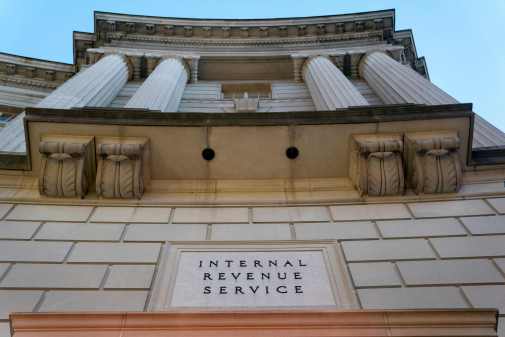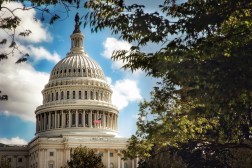Looking for reasons to spur DATA Act implementation, lawmakers point to the Pentagon

Standardized federal spending data may seem like an unbearably dry topic given the current flood of political news, but advocates in Congress had a rallying point Thursday: $125 billion in allegedly ignored cost savings for the Defense Department.
Members of a House subcommittee said the DATA Act is even more important in the wake of the Washington Post’s recent finding that the Defense Department could have saved $125 billion if senior defense officials not chosen to suppress an internal budget analysis. The 2014 law mandates the Treasury Department and the Office of Management and Budget to derive a standard for spending information, and for agencies to begin reporting their spending in that schema. But implementation has been slow.
When asked how the DATA Act might help identify savings — particularly in the context of the recent news reports — an expert from the Government Accountability Office said the law would provide more transparency to where funds are being spent.
“Hopefully it’s also going to provide a vehicle for DOD management and other agencies to manage their funds and manage their programs, and make sure that as obligations are incurred that they are de-obligated in the proper time,” said Paula Rascona, GAO’s director of financial management and assurance, at a hearing by the Oversight and Government Reform Subcommittee on Government Operations. “Another benefit of the DATA Act should be through oversight on the part of not only DOD management but their auditors, and also the Congress. And this should give more visibility to how DOD is spending their money.”
Rascona also noted that through data analytics the department could look for “areas of fraud, risk, abuse and potentially improper payments, and recover funds through that mechanism also.”
But notably, when it comes to the DOD’s readiness to implement the DATA Act, officials said at the hearing the department plans to ask for an extension. The law requires agencies to start using standardized spending data by May 2017.
The law allows for agencies to ask for up to three six-month extensions. And according to a November inspector general’s report, the Pentagon plans to use two of the three waivers, extending its deadline until the second quarter of 2018.
The report notes the department told Treasury and OMB of its plans, which also surfaced during the hearing. Rep. Tim Walberg, R-Mich., noted that Congress is supposed to be notified of any extension requests.
David Mader, controller of the Office of Federal Financial Management at OMB, told Walberg that the department had not yet sent in a formal request.
He later added, “Not making excuses for my colleagues at DOD, but the complexity and scale of that organization, the number of separate financial management systems and management systems is a real challenge.”
The department has been working for a few years now to link up the management and financial systems, which Mader noted is a big lift.
“This is an important thing that we push regardless of the complexity,” Walberg said. “We’re talking about the lives of troops, we’re talking about the security of this country, we’re talking about remaining on top as a strong power so let’s keep pushing.”
Rep. Gerry Connolly, D-Va., noted that the Defense Department is one of few agencies that cannot produce a certified audit.
“It’s the product of a siloed system at the Pentagon that exempts itself from everything,” Connolly said. “It’s so big that we sometimes as a Congress, frankly, have turned a blind eye to it.”
When asked if the DOD is cooperating with efforts to implement the DATA Act, Mader answered yes.
“And actually what we’re trying to do is leverage the work, congressman, that we’re doing [with the financial and management systems merger] on trying to get them ready to help them with the DATA Act,” he said. “And it’s the same folks that are working on both of those initiatives. So we … have met with them multiple times in person. They’re not sitting back saying, ‘we’re exempt.’ They are working on it.”






